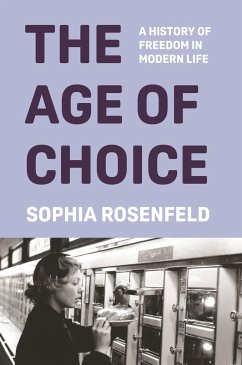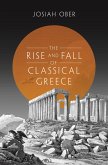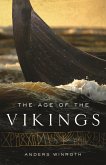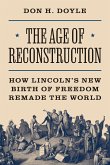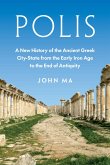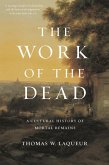"Today choice is often taken to be a synonym for freedom. In much of the world, but especially in the United States, having both more occasions to make choices and more options to choose from are familiar political, personal, and economic goals. We are urged to consider our preferences and then to select from menus of options covering almost every element of our lives, including what to buy, where to live, whom to love, what profession to practice, and even what to believe. We like to think that when we determine our preferences among them, we are engaged in the business of self-realization. And yet, everybody from marketing gurus to psychologists to philosophers has also been warning us about the many negative consequences stemming from our obsession with individualized choice-making. Not only are we not very good at realizing our personal desires, but we are also overwhelmed with too many possibilities, anxious about what best to pick and seemingly unable to muster the same enthusiasm for collective decision making as we do for choices about ourselves. Further, our relentless focus on the responsibility for making good ones has stigmatized those without many options, mainly the poor. How did this happen? Drawing on sources as varied as novels, questionnaires, and restaurant menus, The Choice is Yours tells the long history of the invention of choice as the modern form of freedom. Sophia Rosenfeld pays particular attention to women and the halting emergence of feminism in order to demonstrate how choice was, from the start, stigmatized and turned into a horizon for liberty. Thus, this is also a story about constraints, from formal laws to social customs, that have always worked to limit choice-who gets to do it, when and how they do so, what the choices are-in ways that are often invisible and yet central to the role that choice plays in the modern world. Rosenfeld begins in the early modern Western world, with the contemporaneous invention of shopping as an activity focused on the selection of goods and of religious freedom, in addition to freedom of expression as a matter of being able to pick one's convictions. Moving into the nineteenth and twentieth centuries, she explores choice in romantic life, choice in politics, and sciences of choice. She takes up the work of contemporary psychologists, economists, and other theorists and offers a new perspective on how to think about choice now-based on a new reading of the past. An epilogue centers on the rise of reproductive choice and its consequences since the 1970s. Ultimately, The Choice is Yours is an argument for the necessity of rethinking the meaning of choice today, including its promise and its limitations, within the contours of modern liberalism"--
Bitte wählen Sie Ihr Anliegen aus.
Rechnungen
Retourenschein anfordern
Bestellstatus
Storno

